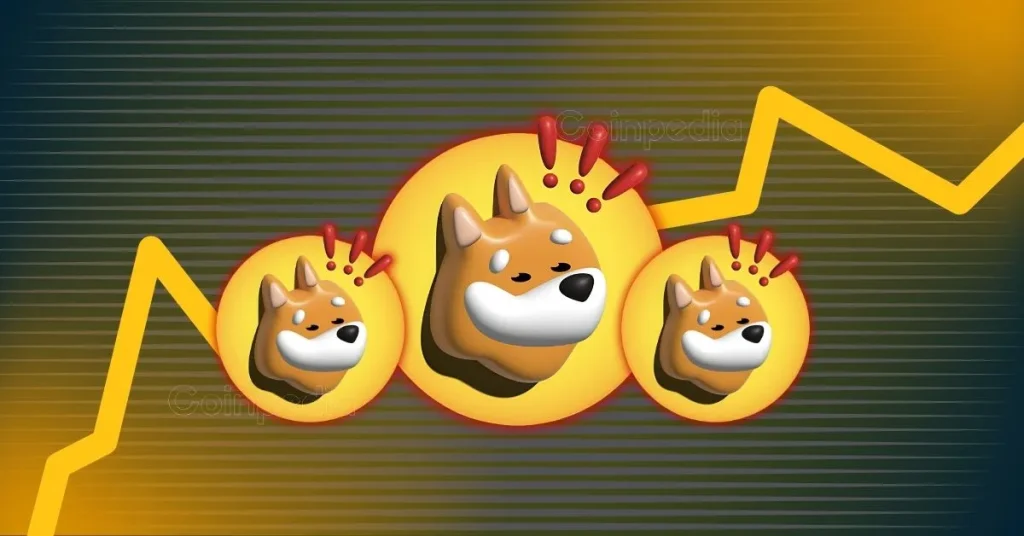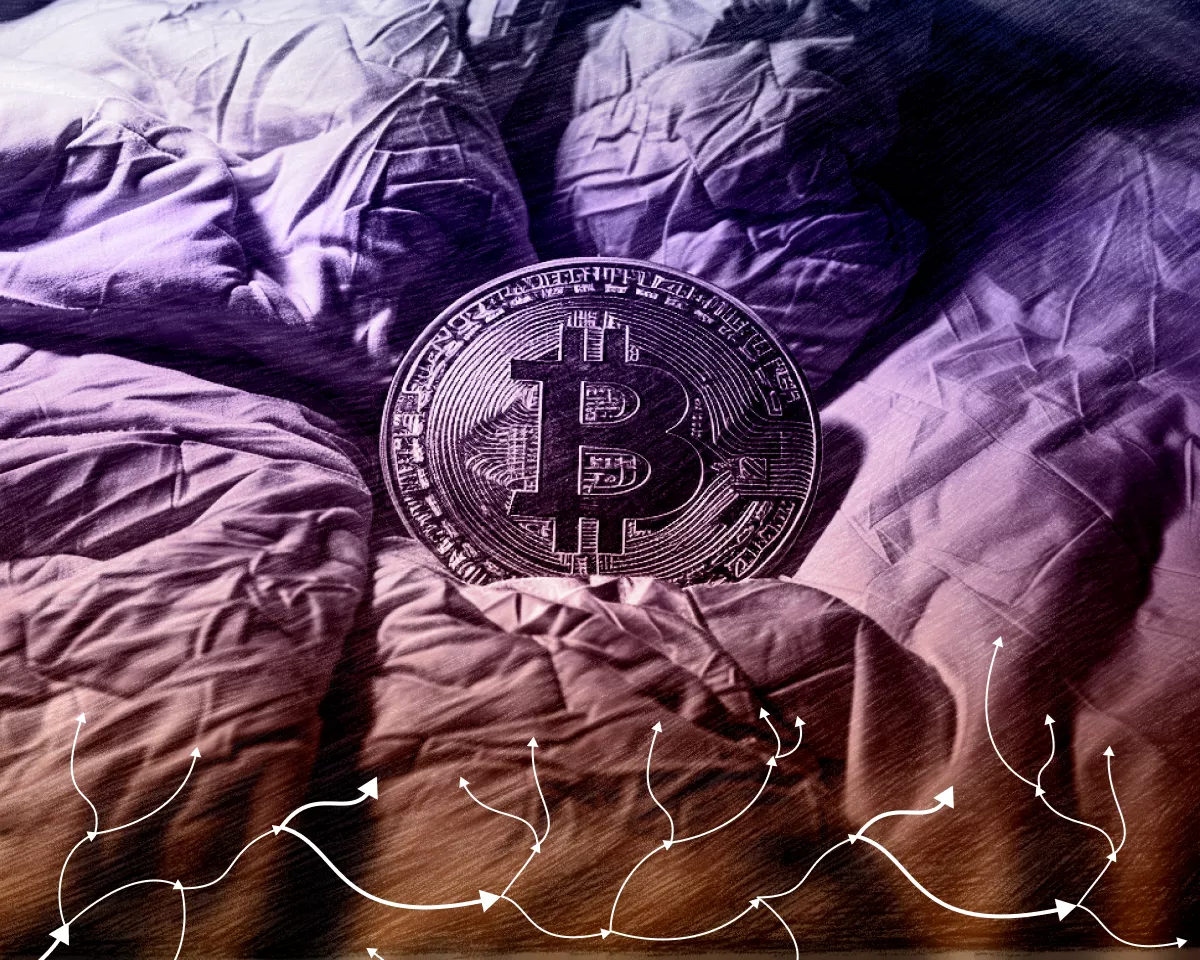
I’ve been in cryptocurrency for a few years now, but I’ve never seen anything like the events of the last 48 hours. We have seen a stablecoin worth $18 billion – UST – go poof, as well as the accompanying asset – LUNA – which was at its peak worth $42 billion.
As I write this, Luna is down 98% to a market cap of $2.7 billion and UST has is trading at 49 cents on the dollar – but with the markets in pandemonium, who knows what the figures will be by the time you’re reading this.
And there is one man behind the entire Terra ecosystem, where Luna and UST both sit. So, who is he?
Do Kwon
Do Kwon is the founder and CEO of Terraform Labs. He, as well as Terra, is South Korean, which is an important detail because it is unlikely that a financial experiment on this scale could have taken place in a tighter regulatory environment, such as the US.
The son of a pharmaceutical and medical equipment distributor, Kwon had a very international upbringing. A self-procaimed “nerd” as a teen, he began reading theoretical works at a young age. His story reads very much like your cilchéd Silicon Valley wonderkid. He graduated the esteemed Stanford University with flying colours, earning a degree in computer science. Next, he took a job with Microsoft because, you know, that’s what really smart Stanford computer science graduates do. But then he got bored.
He founded Anyfi six years ago, a company which utilised a mesh network to relay bandwidth to those without internet access. Among his investors were the South Korean government, and the funds raised were north of $1 million. Of course, this work led him to where he is now – cryptocurrency. He created Terra, which includes Luna, UST, Anchor, Mirror and many more Apps among its ecosystem. Obviously, he is a prodigious talent, and he quickly became one of the biggest names in crypto, despite only turning 30 in September.
Until the last day or two, UST was the most successful algorithmic stablecoin in history – and he created it all. But things change quickly in crypto. Ultimately, the UST stablecoin collapsed due to an old-fashioned run on the bank, as investors no longer felt safe that the uncollaterised peg would hold. Akin to an emerging economy pinning its currency to an established one, yet having insignificant reserves (such as gold) to back that peg, it all came crashing down.
Now, Kwon has gone from one of the biggest names to probably the biggest name of all – but not in the way he would have wanted.
Human Lesson
While there are obviously economic lessons to be learned here, there are also human ones too. Specifically humility, caution and open-mindedness. Kwon has always been highly active on Twitter, with a slew of critics questioning the sustainability of the UST peg. After all, history is littered with examples of uncollaterised pegs going down the tubes (see George Soros vs the bank of England in 1992, for one famous example). People wanted to know what was different about UST, but he rarely gave them the time of day.
These questions and critics have always had a point, regardless of what has happened in hindsight. But Kwon’s approach was to berate them for being “poor”, repeatedly stressing they were “ngmi” (crypto-speak for “not gonna make it”). His favourite retort was to dismiss their questions as emotional coping mechanisms for the intense FOMO they felt as the entire Terra ecosystem kept going from strength to strength.
In retrospect, perhaps the leader of a highly experimental ecosystem worth billions upon billions, while still being in his 20’s, and abusing anyone who dared question the viability of the asset was all the evidence that was needed. Then again, everything is obvious in retrospect, isn’t it?
The most frequent theme in his tweets is definitely flexing his wealth while calling anyone who doubts Luna, which had rocketed at this point, poor.
His attitude remained unchanged as recently as Saturday, when the below was tweeted.
Unfortunately, the “idiots on Twitter” all turned out to be correct.
Icarus
It’s a modern day Icarus story, as Do Kwon flew too close to the sun. While there are myriad economic lessons here – using volatile assets as collateral, only collateralising 20% of the market cap, sustainability of high rates on Anchor, stress testing, to name a few – I’m not focussing on that now, although I will write about it shortly.
Ego is a dangerous thing. It’s unclear whether Do Kwon’s arrogance and refusal to listen to arguments against UST contributed to its downfall – perhaps the whole thing was doomed regardless. But it certainly didn’t help.
What Kwon did in a lot of ways was admirable. He had the vision and courage to try something entirely new, and he believed a decentralised stablecoin could help the world. That deserves to be applauded. And for a while, it seemed like he had figured it out. A lot of people would normally have sympathy for a figure such as this, seeing their life dreams and project go up in flames in an incredibly public way.
What we do pay attention to are things like ‘is what we’re doing something that is net positive to users of financial applications? is this more helpful to the formation of, let’s say, fair markets?’
Do Kwon, Terra founderBut during this period of “success”, he also constantly berated people on Twitter. He mocked them for being poor; he laughed at their lack of UST or LUNA exposure. He dismissed questions as a pathetic display of sour grapes from people who had missed the wave on the way up. He refused to engage in meaningful debate.
Today, he wakes up to a breakfast of humble pie – and a bigger portion than anyone in recent memory. Beyond all the economics, there’s a human lesson here, too.
The post Who is Do Kwon, and where did all go wrong for UST founder? appeared first on Invezz.















 English (US) ·
English (US) ·